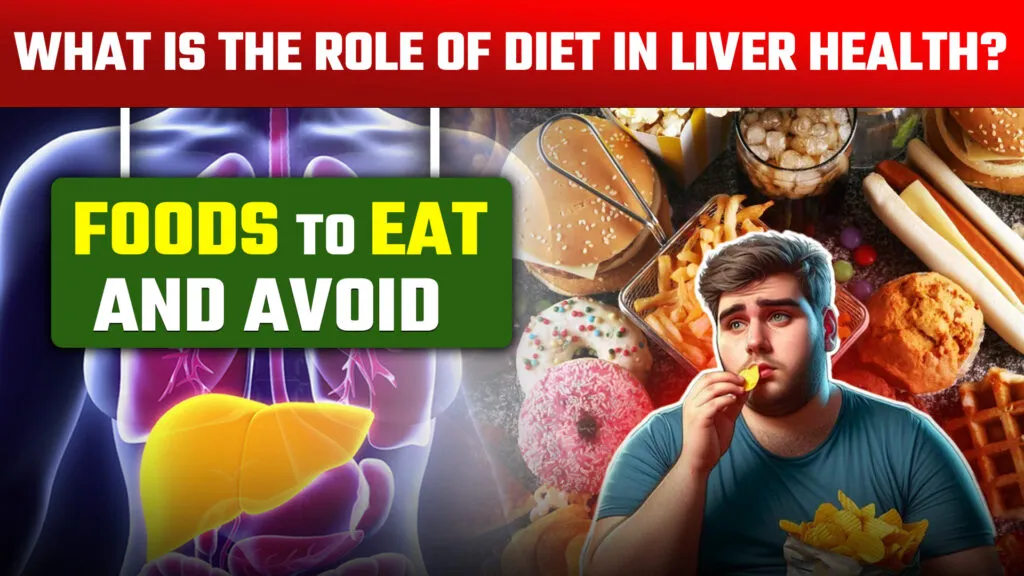Liver Health: Protecting the Body’s Natural Powerhouse

The liver is one of the most vital organs in the human body. Located in the upper right side of the abdomen, it performs more than 500 essential functions every day. From filtering toxins to storing nutrients and supporting digestion, the liver acts as the body’s powerhouse. Despite its importance, many people only think about liver health when problems arise.
Caring for the liver is crucial for overall well-being. In this article, we’ll explore the role of the liver, signs of poor liver health, risk factors, and natural ways to keep this vital organ strong.
Why is the Liver So Important?
The liver is central to almost every process that keeps us alive. Some of its key roles include:
- Detoxification – It filters harmful substances like alcohol, drugs, and toxins from the blood.
- Digestion Support – The liver produces bile, which helps break down fats and absorb nutrients.
- Energy Storage – It stores glucose and releases it when the body needs energy.
- Metabolism Regulation – The liver helps process carbohydrates, proteins, and fats for proper use.
- Immune Defense – It supports the immune system by fighting infections and removing bacteria.
Without a healthy liver, the body cannot properly manage toxins, nutrients, or energy.
Signs of Poor Liver Health
Liver damage often develops silently, but certain symptoms may signal trouble:
- Persistent fatigue or weakness
- Yellowing of the skin and eyes (jaundice)
- Dark-colored urine or pale stools
- Abdominal swelling or discomfort
- Loss of appetite and unexplained weight loss
- Nausea or frequent vomiting
If these symptoms continue, it is important to seek medical advice immediately.

Common Causes of Liver Damage
Several lifestyle and environmental factors can harm the liver over time:
- Unhealthy Diet – Excess processed foods, refined sugar, and unhealthy fats can cause fat buildup in the liver.
- Alcohol Consumption – Drinking too much alcohol is one of the leading causes of liver disease.
- Obesity – Excess weight increases the risk of fatty liver disease.
- Medications – Overuse of certain drugs can place stress on the liver.
- Infections – Viruses like hepatitis can lead to serious damage if untreated.
By understanding these risks, we can make better choices to protect liver health.
Natural Ways to Support Liver Health
The good news is that lifestyle changes can make a big difference in keeping the liver strong.
1. Eat a Nutritious Diet
Focus on whole foods such as vegetables, fruits, whole grains, lean proteins, and healthy fats. Foods rich in antioxidants and fiber help reduce stress on the liver and improve digestion.
2. Stay Hydrated
Drinking enough water helps the liver flush out toxins and supports healthy function. Aim for 6–8 glasses daily.
3. Maintain a Healthy Weight
Being overweight increases the risk of fat buildup in the liver. Regular physical activity combined with portion control helps reduce this risk.
4. Limit Alcohol
Reducing or avoiding alcohol is one of the best steps for protecting the liver. Even small amounts can cause strain over time.
5. Be Careful with Medications
Always follow prescribed doses and avoid unnecessary use of over-the-counter medicines, as some can harm the liver if overused.
6. Exercise Regularly
Physical activity improves blood circulation, supports weight management, and helps the liver function efficiently.
Long-Term Benefits of a Healthy Liver
Caring for the liver has far-reaching benefits:
- Increased energy and stamina
- Lower risk of chronic illnesses
- Stronger immune system
- Better digestion and nutrient absorption
- Improved overall quality of life and longevity
The liver works silently every day, but when it functions well, the entire body thrives.
Practical Tips for Daily Life
- Begin the day with water to aid detoxification.
- Add more leafy greens and fiber-rich foods to meals.
- Avoid late-night heavy meals that can stress the liver.
- Keep the home environment clean and reduce exposure to harmful chemicals.
- Manage stress with mindfulness, meditation, or breathing exercises.
These small actions, practiced regularly, can significantly improve liver health.
Final Thoughts
The liver is an incredible organ that supports nearly every system in the body. By eating well, staying active, limiting alcohol, and keeping toxins at bay, we can protect this vital organ and prevent future health problems. A healthy liver means better energy, stronger immunity, and a longer, healthier life.
This approach serves as a valuable aid in effectively managing this concern. Official Website



